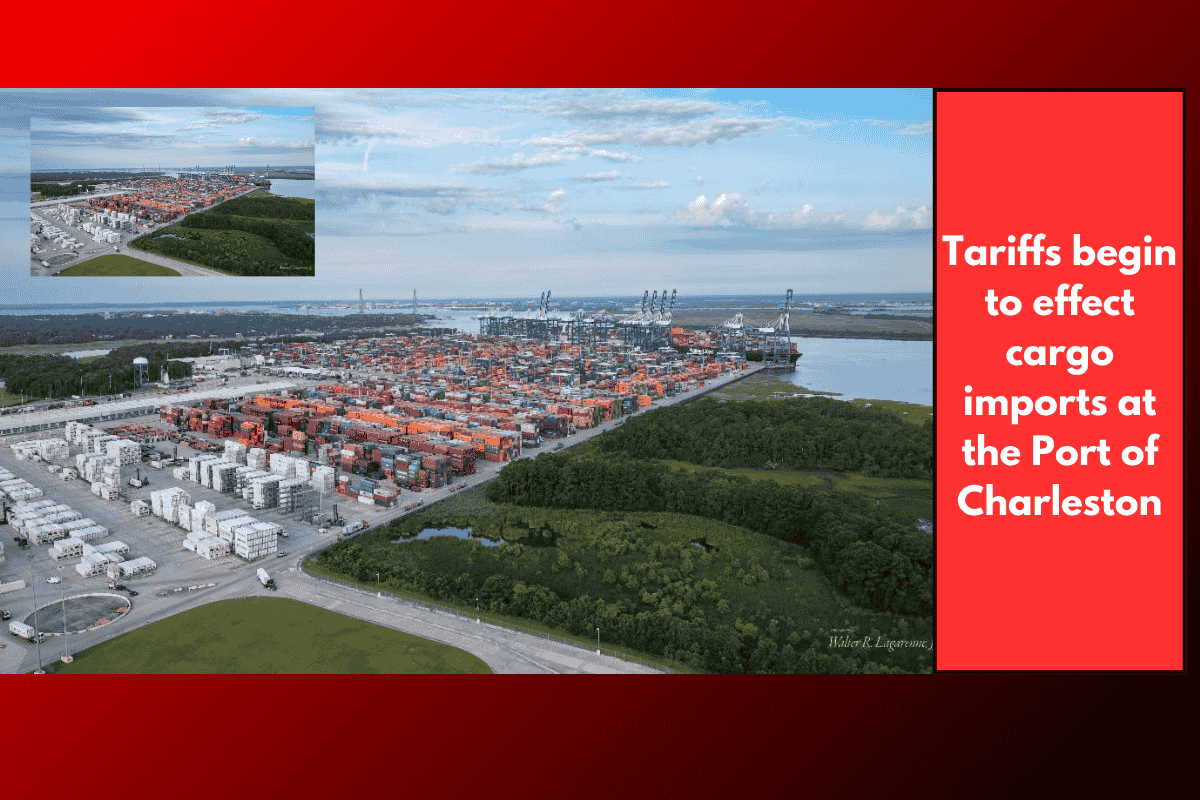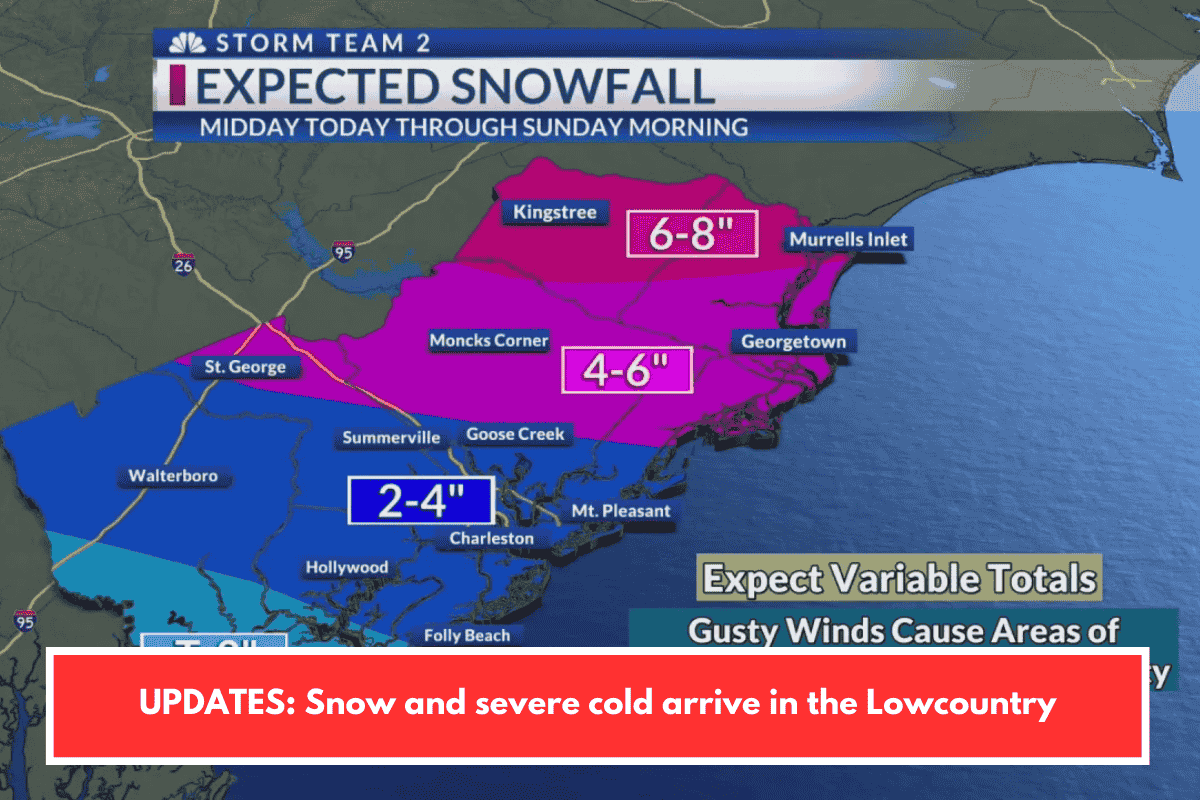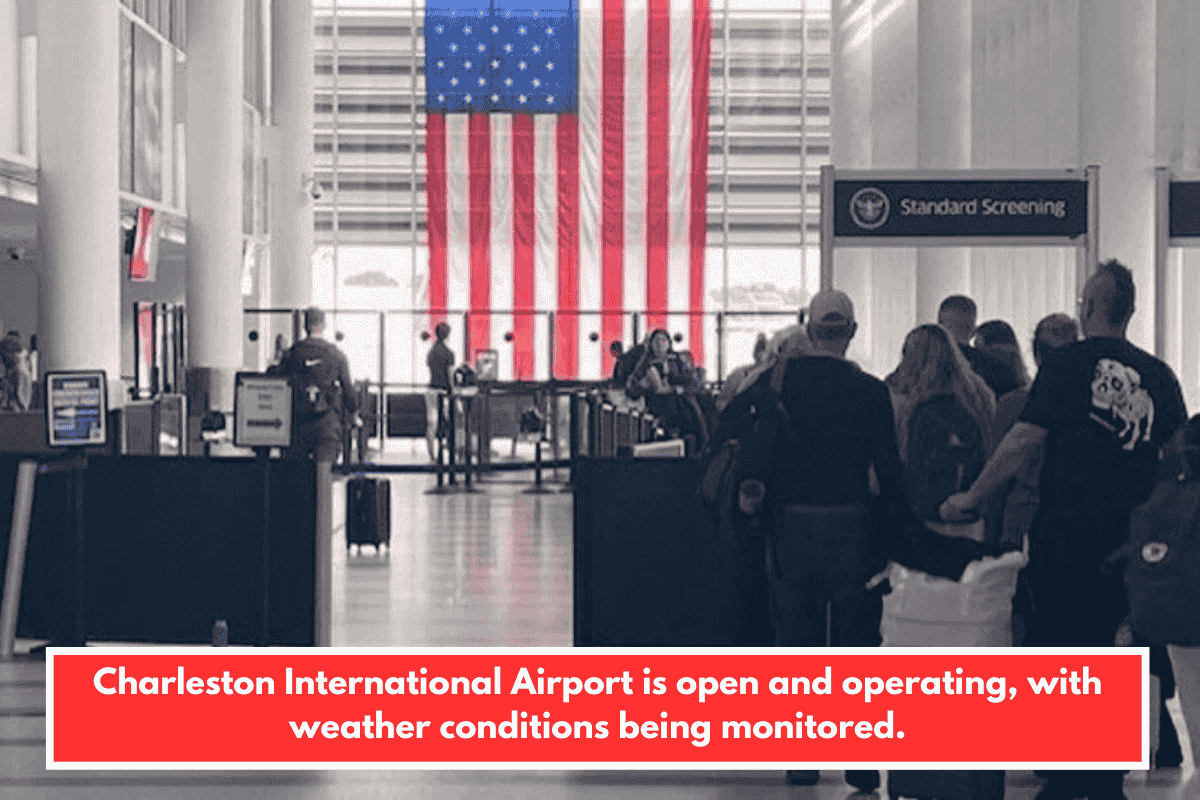The Port of Charleston wrapped up its 2025 fiscal year with a solid 2.3% increase in container traffic, handling more than 1.4 million cargo containers. However, the first month of the new fiscal year showed a nearly 6% decline in cargo movement, largely due to ongoing tariff uncertainties and trade issues stemming from the U.S.-China trade war.
Annual Growth Amid Tariff Challenges
The South Carolina State Ports Authority (SPA) reported that despite the ongoing uncertainty surrounding tariffs, Charleston’s port experienced growth during fiscal year 2025, ending June 30. “Overall, we finished the year strong,” said Barbara Melvin, president and CEO of the SPA. “While tariffs have certainly created uncertainty, we’ve seen positive growth due to our strategic infrastructure investments.”
Melvin mentioned that importers have been closely monitoring the shifting tariff landscape, especially with recent trade deals being struck by the Trump administration. However, she expressed confidence that Charleston’s port will remain resilient through these challenges, thanks to its solid infrastructure.
July’s Performance and Forecast for the New Fiscal Year
In July, the port saw a decrease in activity compared to the same month the previous year. A total of 117,059 containers passed through its terminals, marking a nearly 6% drop from July 2024. Additionally, imports fell by 7.5% year-over-year, indicating a slowdown in goods arriving at the port.
The financial impact of these fluctuations will become clearer when the port’s financial results for the fiscal year are released next month. Phil Padgett, the SPA’s chief financial officer, acknowledged the uncertainty among shippers, noting that the fluctuating tariffs have created a difficult environment. According to economist Joey Von Nessen, the port’s cargo numbers could either show a loss of up to 8% or a gain of 6% by the end of the fiscal year.
For the moment, the port is projecting flat growth in containerized cargo, though Melvin suggested there could be an uptick in imports as retailers prepare for the upcoming holiday season, especially with the recent 90-day pause in tariff hikes on Chinese goods.
New Services Expected to Boost Imports
Two new container line services are set to start at the Port of Charleston in September, which could help offset some of the recent declines. Mediterranean Shipping Co. will add weekly calls on both its Albatross and Dragon services, connecting Charleston with Europe, the Mediterranean, and Asia. Ships on these routes will have the capacity to carry up to 15,000 containers, which could bring a significant boost to the port’s import numbers.
National Outlook and Tariff Impact
While Charleston is experiencing some growth, the national outlook is less optimistic. According to the National Retail Federation (NRF) and Hackett Associates, U.S. ports are projected to see a 5.6% year-over-year decline in imported cargo by the end of 2025. Tariffs are driving up consumer prices, and reduced imports could result in fewer goods on store shelves, with small businesses particularly affected.
Ben Hackett, a maritime consultant, noted that the current trade distortions caused by the tariffs are forcing importers to pull forward shipments in anticipation of higher tariffs. This rush to bring in goods ahead of the tariffs is expected to result in a downturn in trade volumes as early as September, once inventories for the holiday season have been filled.
Looking Ahead
Despite these challenges, the Port of Charleston remains hopeful, with key investments and new services expected to help mitigate the effects of tariffs. The port’s leadership remains optimistic about the coming months, but like many in the industry, they’re keeping a close watch on trade negotiations and tariff changes that could further impact global and local trade.














